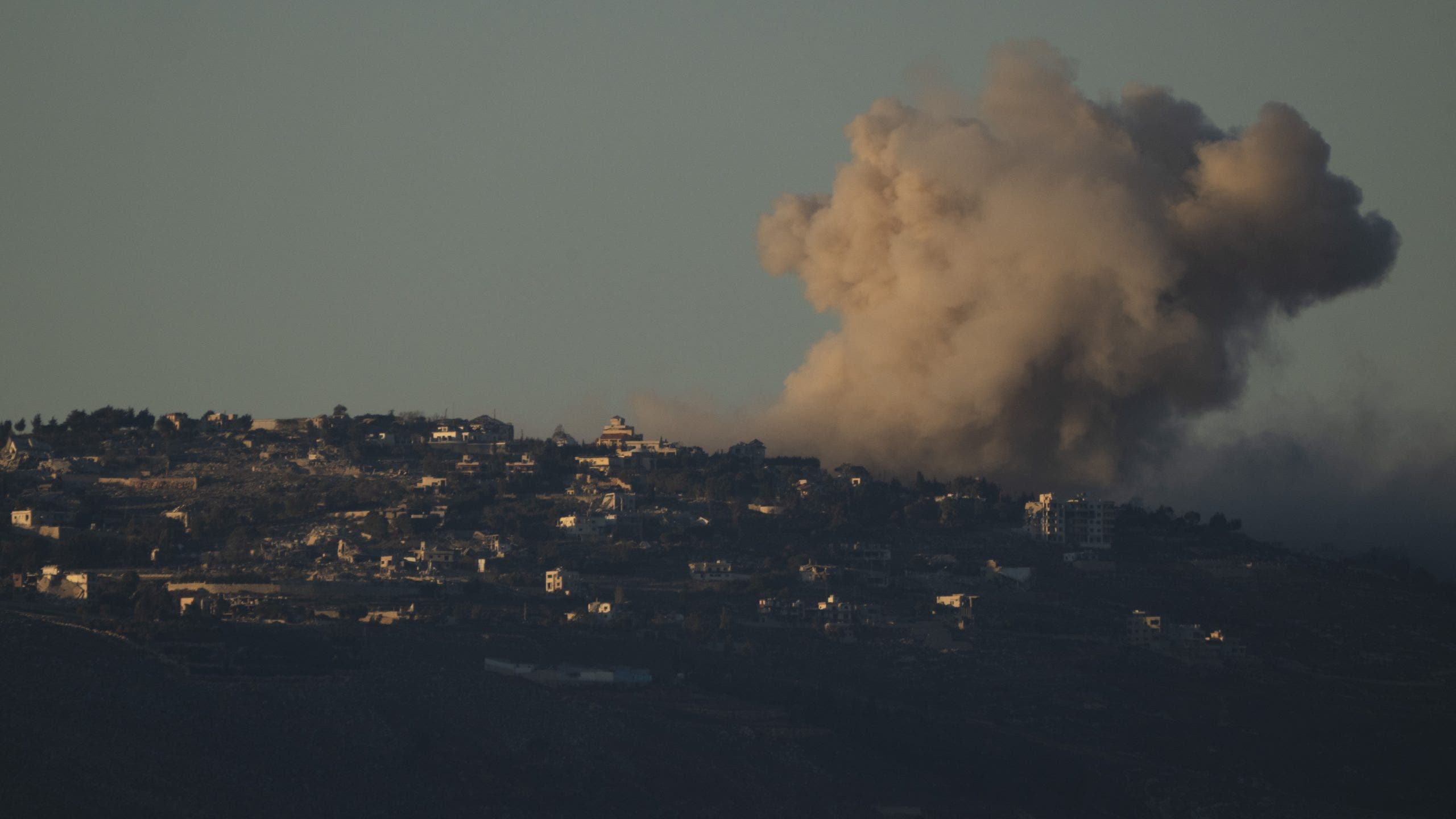Netanyahu supports Israel-Hezbollah cease-fire deal

Israeli Prime Minister Benjamin Netanyahu has publicly backed a cease-fire agreement with Hezbollah terrorists that would put an end to nearly 14 months of intense fighting. However, the deal, which was brokered by the U.S. and France, is still pending formal approval by his cabinet.
During a press conference, Netanyahu outlined three main reasons for supporting the proposed cease-fire. Firstly, he emphasized the need to focus on the Iranian threat. Secondly, he highlighted the opportunity for Israeli forces to regroup and refresh. Lastly, he pointed out the importance of separating Hamas from the northern front.
By ending the conflict with Hezbollah, Netanyahu believes that Hamas would be left isolated, allowing Israeli forces to focus on recovering the remaining hostages taken on Oct. 7. The proposed terms of the cease-fire include Hezbollah moving its forces north of the Litani River and Israeli forces withdrawing from southern Lebanon. The Lebanese armed forces are expected to deploy to the border region within 60 days, with a five-country committee chaired by the U.S. and France monitoring compliance.
Despite the potential agreement, Israel has maintained its demand to reserve the right to take military action if Hezbollah violates the terms of the deal. The Israeli Defense Forces have already made significant progress, reaching parts of Lebanon’s Litani River and conducting raids on Hezbollah strongholds.
Senate Majority Leader Chuck Schumer praised the cease-fire agreement, stating that it would allow displaced Israelis to return home and ensure Israel’s security against Hezbollah. He emphasized the importance of diplomatic efforts in achieving peace and urged Hamas to release all remaining hostages and negotiate a ceasefire.
The conflict between Israel and Hezbollah began in October 2023, following a deadly attack by Hamas terrorists. More than 68,000 Israelis have been displaced along the Lebanese border, with Hezbollah launching thousands of rockets into Israeli territory.
As the international community continues to work towards a lasting peace agreement, the European Union’s foreign policy chief, Josep Borrell, has warned that without a cease-fire, Lebanon could face further destabilization. Minister of Defense Israel Katz has also emphasized Israel’s zero tolerance for any violation of the truce, signaling a commitment to ensuring peace and security in the region.
In the midst of ongoing negotiations and military operations, the hope for a lasting peace remains a top priority for Israeli leaders. The cease-fire agreement represents a step towards de-escalating tensions and bringing an end to the long-standing conflict with Hezbollah.




